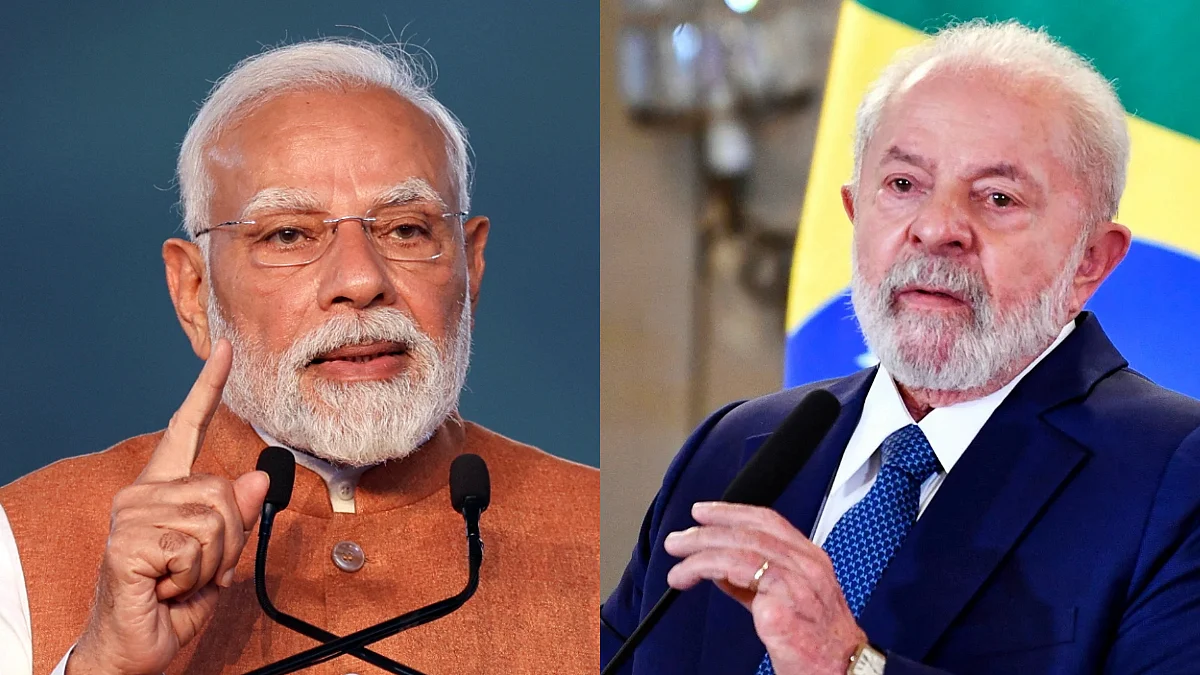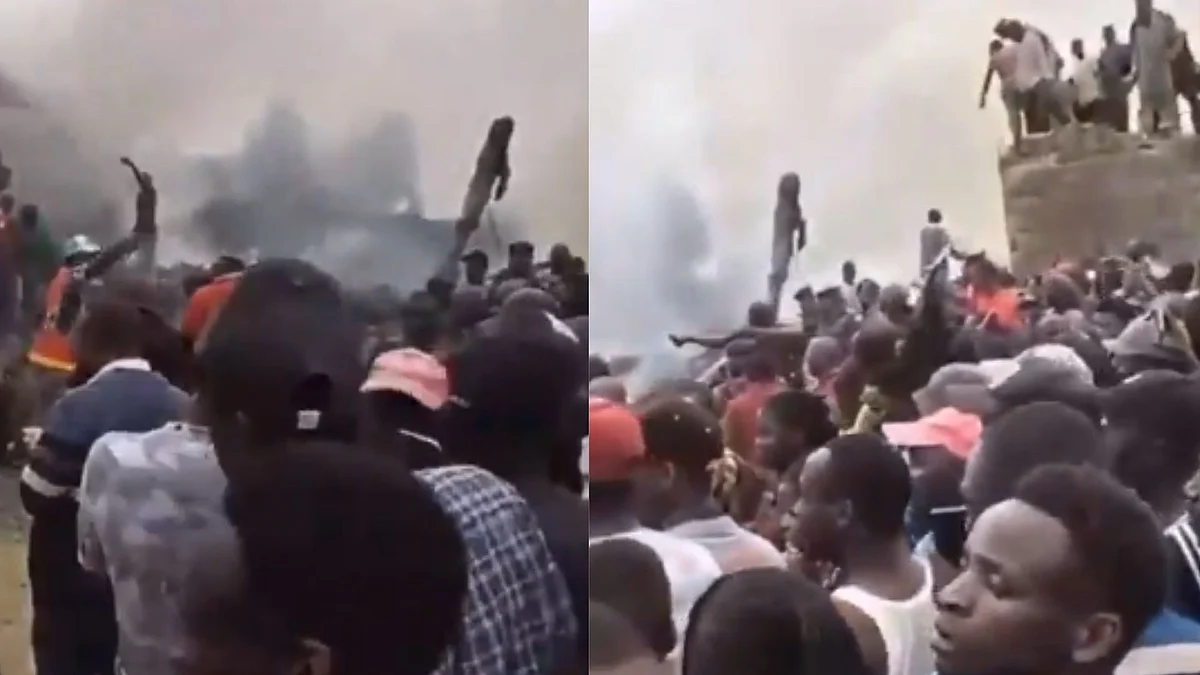Washington: United States President Donald Trump has reiterated his claim that he prevented a war between nuclear-armed neighbours India and Pakistan, expressing disappointment that his efforts have not earned him a Nobel Peace Prize.
Taking to his social media platform 'Truth Social', Trump credited himself for halting a potential military conflict between New Delhi and Islamabad following the April 22 Pahalgam terror attack, which triggered retaliatory Indian strikes under the now-revealed Operation Sindoor.
Trump also announced a peace agreement between the Democratic Republic of Congo and Rwanda, two African nations with a long and bloody history of conflict. He praised the deal and claimed it as a global milestone, before pivoting to what he sees as a consistent pattern of being denied international recognition for his peacemaking efforts.
"This is a Great Day for Africa and, quite frankly, a Great Day for the World!" Trump said in a post.

"I won’t get a Nobel Peace Prize for this, I won’t get a Nobel Peace Prize for stopping the war between India and Pakistan, I won’t get a Nobel Peace Prize for stopping the war between Serbia and Kosovo… and I won’t get a Nobel Peace Prize for doing the Abraham Accords in the Middle East. No, I won’t get a Nobel Peace Prize no matter what I do, including Russia/Ukraine and Israel/Iran -- but the people know, and that’s all that matters to me."
Despite Trump’s repeated assertions, Indian officials have consistently denied any US mediation in the de-escalation of tensions with Pakistan. India maintains that the ceasefire was brokered through direct military-level talks between the two nations -- without the involvement of Washington or any third-party nation.
According to government sources, it was the Pakistani Director General of Military Operations who reached out to his Indian counterpart on May 10, days after Indian drone and missile strikes hit multiple targets inside Pakistan, including the strategic Nur Khan airbase.
This was part of Operation Sindoor, India’s retaliatory campaign following the Pahalgam attack that left several Indian soldiers dead. After four days of intense cross-border engagements, both sides agreed to a ceasefire on May 10.

Prime Minister Narendra Modi, in a 35-minute phone call with Trump earlier this week, reportedly clarified that no trade negotiations or peace mediation efforts were discussed during the conversation, contrary to Trump’s statements.
Still, Trump remains steadfast in his version of events. Speaking at a press conference earlier this week, he said, "Well, I stopped the war between Pakistan — I love Pakistan — and India. I think Modi is a fantastic man. I spoke to him last night. We are going to make a trade deal with Modi of India. And I stopped the war between Pakistan and India. This man — possibly referring to Pakistan Army Chief Asim Munir — was extremely influential on Pakistan’s side, and Modi on India’s side. They were going at it — both are nuclear countries. I got it stopped."
He also took a jab at the media for allegedly ignoring his role in the ceasefire.
"I don’t think I had one story written. Did I have one story written? I stopped a war between two major nations, major nuclear nations. I didn’t get a story. But that’s okay — the people know."

Interestingly, Trump’s assertions have found some support in Pakistan. In a surprising diplomatic move, the Pakistani government is reportedly preparing to formally recommend Trump for the 2026 Nobel Peace Prize. According to Pakistani officials, this nomination is in recognition of Trump's “decisive diplomatic intervention and pivotal leadership during the recent India-Pakistan crisis.”
Further signaling closer ties, Trump hosted Pakistan’s Chief of Army Staff General Asim Munir for a private lunch at the White House earlier this week — a meeting that has raised eyebrows in diplomatic circles, particularly as India continues to downplay any American involvement in the regional crisis.
The Nobel Peace Prize, established by Alfred Nobel, is awarded for outstanding contributions in arms control, peace negotiations, democracy, human rights, and broader efforts to promote global harmony.
Disclaimer: This is a syndicated feed. The article is not edited by the FPJ editorial team.









